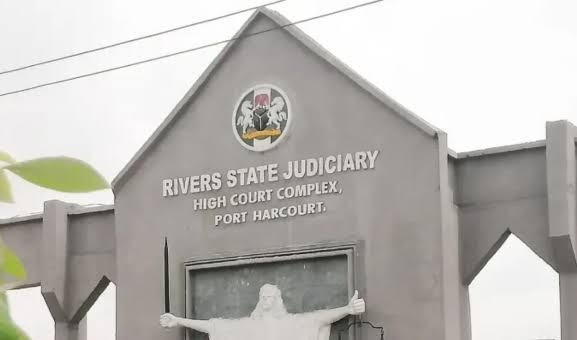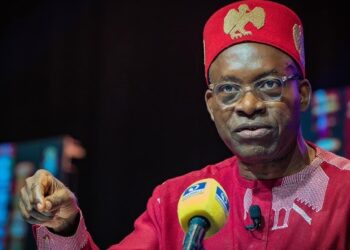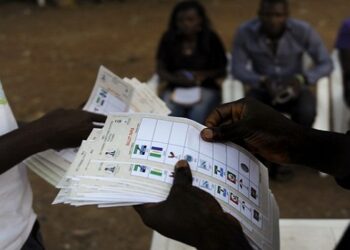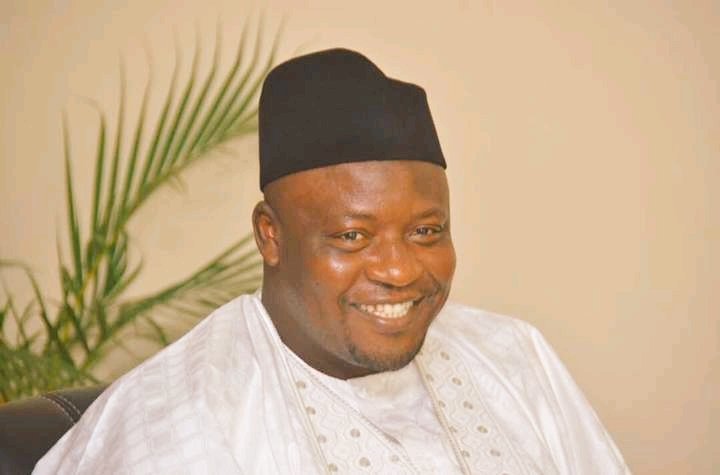As per the law, the Nigerian judiciary is an independent body under the principle of separation of powers, distinct from the other arms of government: the legislature and the executive. The principle of an independent judiciary ensures non-interference in the dispensation of the laws of the state.
However, this independence often appears compromised within the Nigerian system. The judiciary has been dragged into power tussles in various states, not as an independent body but as a tool for asserting governmental power. This has been evident in major disputes that have arisen in states and the country at large over the years, including the controversial past presidential election where the judiciary was perceived to be maneuvered to favor the highest authority in the land.
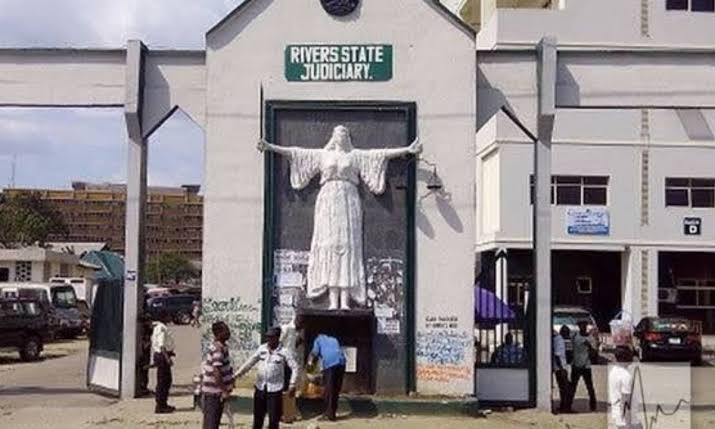
Power Play in Rivers State
The power struggle between Sim Fubara and Nyesom Wike exemplifies the challenges facing the judiciary. Nyesom Wike, a prominent figure in the People’s Democratic Party (PDP) and former Governor of Rivers State from 2015 to 2023, maintained significant political control over the state. After his tenure, he ensured his loyalist, Siminalayi Fubara, was elected as governor to maintain his influence. However, tensions escalated as Fubara sought to assert his independence, leading to a rift that has embroiled the state legislature.
Background of the Power Tussle
Despite leaving office, Wike continued to influence the state government and key appointments. Disputes arose when Fubara began seeking control over state affairs, desiring to break free from Wike’s influence. This struggle has involved the legislature, with Wike’s loyalists attempting to undermine Fubara. Nonetheless, Fubara has gradually gained momentum and support within the state.
Judicial Interplay
The conflict has extended to the judiciary, with both factions resorting to courts to resolve disputes over appointments, electoral processes, and the legitimacy of actions taken by either side. These legal battles have placed the judiciary at the center of the conflict, raising accusations of bias and manipulation.
The power struggle between Wike and Fubara highlights a troubling trend: the judiciary being used as a battleground for political influence rather than as an independent arbiter of justice. This situation raises critical questions about the true independence of the judiciary and whether it has become a tool for those wielding greater power. Recent rulings, such as the appeal court’s delayed decision regarding the legitimacy of removed lawmakers, further underscore concerns about judicial bias and manipulation.
The key issue remains: can the Rivers State government manipulate the law to remove democratically elected members of the state house of assembly? The outcome of these legal battles will significantly impact the perception of judicial independence in Nigeria. The judiciary must strive to maintain its independence to uphold the rule of law and democratic principles in the country.

